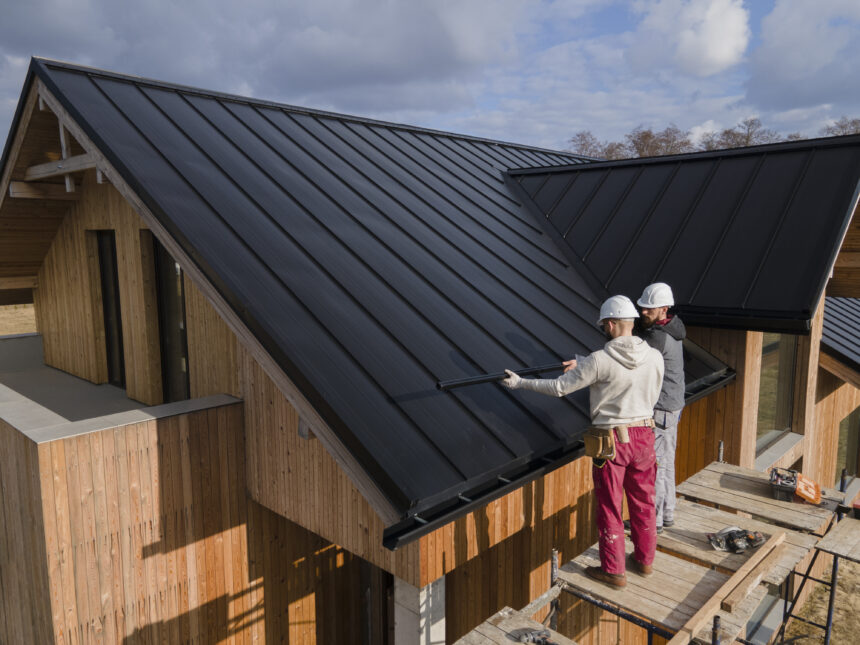South Africa is a country that has witnessed significant urbanization and economic growth over the years. As cities expand and populations increase, the demand for housing continues to rise, creating a favorable environment for residential property investments. In particular, the growing suburbs of South Africa offer attractive opportunities for investors looking to capitalize on the country’s real estate market.
One of the primary reasons behind the growth of South Africa’s suburbs is the increasing migration from rural areas to cities. People are drawn to urban centers for better employment prospects, improved infrastructure, and access to amenities. As a result, the outskirts of major cities have seen a surge in population, leading to the development of new residential areas to accommodate the influx of residents.
Investing in residential developments in these growing suburbs can be a lucrative venture for several reasons. Firstly, the demand for housing in these areas is high and is expected to continue rising in the foreseeable future. This ensures a consistent pool of potential tenants or buyers for property investors. Additionally, as these suburbs continue to develop and mature, the value of properties is likely to appreciate, providing investors with the opportunity to achieve capital growth.
Furthermore, the South African government has placed significant emphasis on housing development and affordability, with initiatives such as the Finance Linked Individual Subsidy Program (FLISP) and the Reconstruction and Development Programme (RDP). These programs aim to provide access to affordable housing for low- and middle-income households, further fueling the demand for residential properties in growing suburbs.
Another factor that makes investing in South Africa’s growing suburbs attractive is the potential for rental income. As more people migrate to urban areas, the demand for rental properties increases. Investors can capitalize on this demand by purchasing residential units and leasing them to tenants. The rental market in South Africa has been steadily growing, driven by factors such as urbanization, changing demographics, and the increasing preference for rental accommodation among young professionals.
However, like any investment, there are risks associated with investing in residential developments in South Africa’s suburbs. It is essential for investors to conduct thorough market research, assess the potential risks and rewards, and work with experienced professionals such as real estate agents, lawyers, and property managers.
Market dynamics, economic conditions, and government policies can impact the performance of the real estate sector. It is crucial for investors to stay informed about market trends, property regulations, and any changes in legislation that may affect their investments. Engaging with local experts who have a deep understanding of the South African property market can provide valuable insights and help mitigate risks.
Furthermore, investors should consider factors such as location, infrastructure development, proximity to amenities, and the quality of the development when evaluating potential investment opportunities. A well-planned and properly executed residential development in a prime location is more likely to attract tenants or buyers and deliver better returns in the long run.
In conclusion, investing in residential developments in South Africa’s growing suburbs can be a promising venture for those looking to capitalize on the country’s real estate market. With increasing urbanization, a rising demand for housing, and government initiatives promoting affordable housing, the potential for returns on investment is significant. However, investors must conduct thorough research, assess risks, and stay informed about market dynamics to make informed investment decisions. By doing so, investors can take advantage of the opportunities presented by South Africa’s growing suburbs and contribute to the country’s evolving urban landscape.










